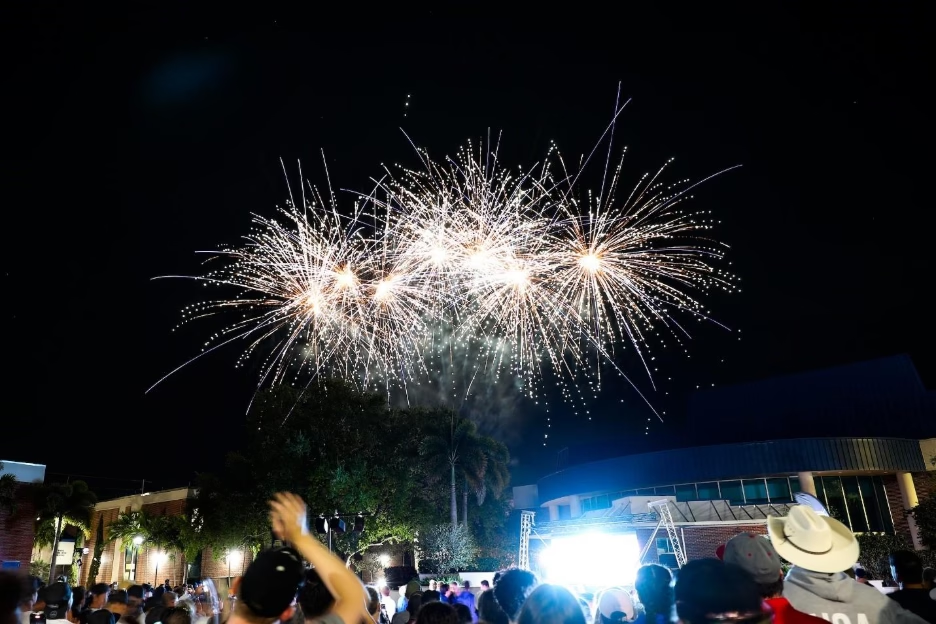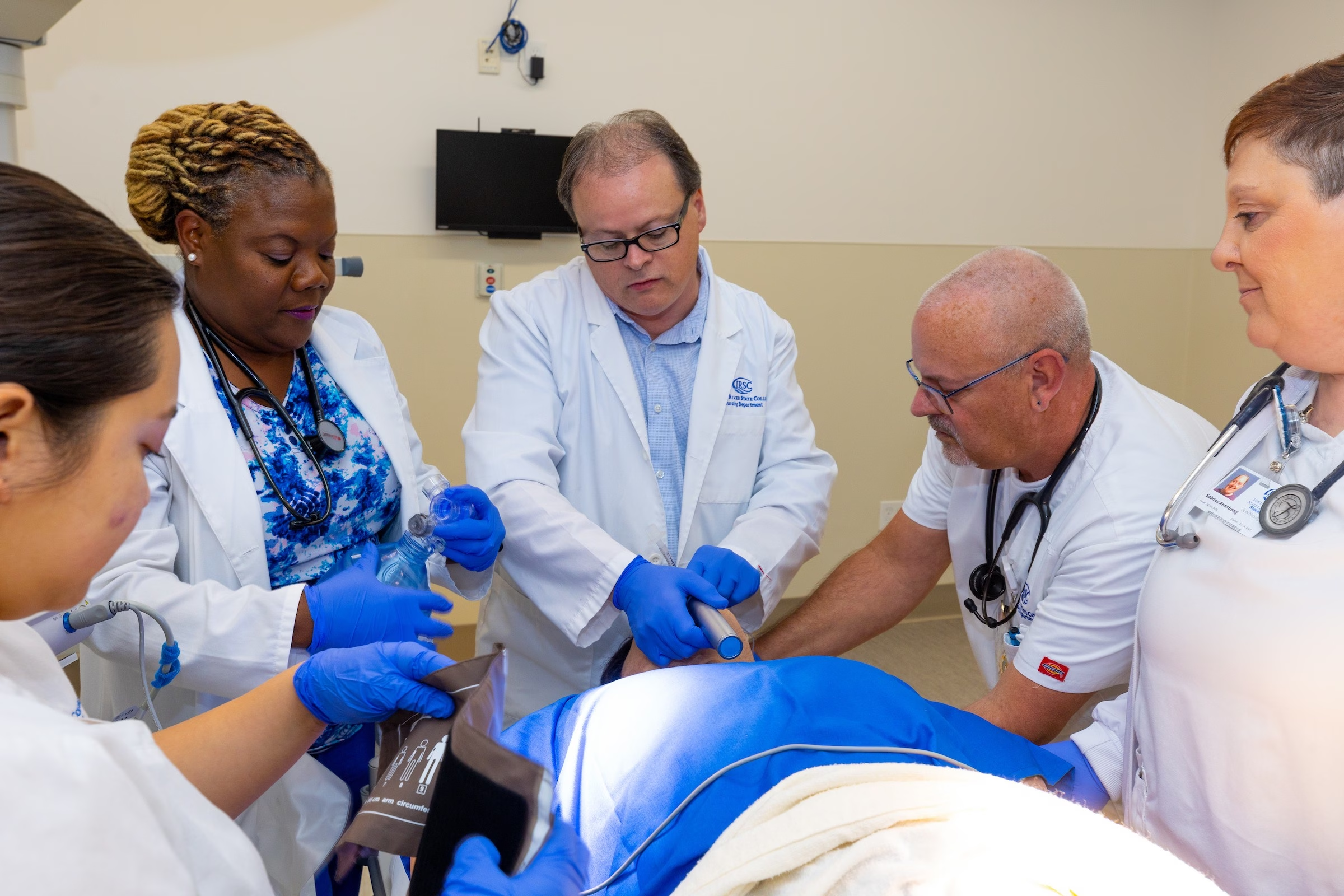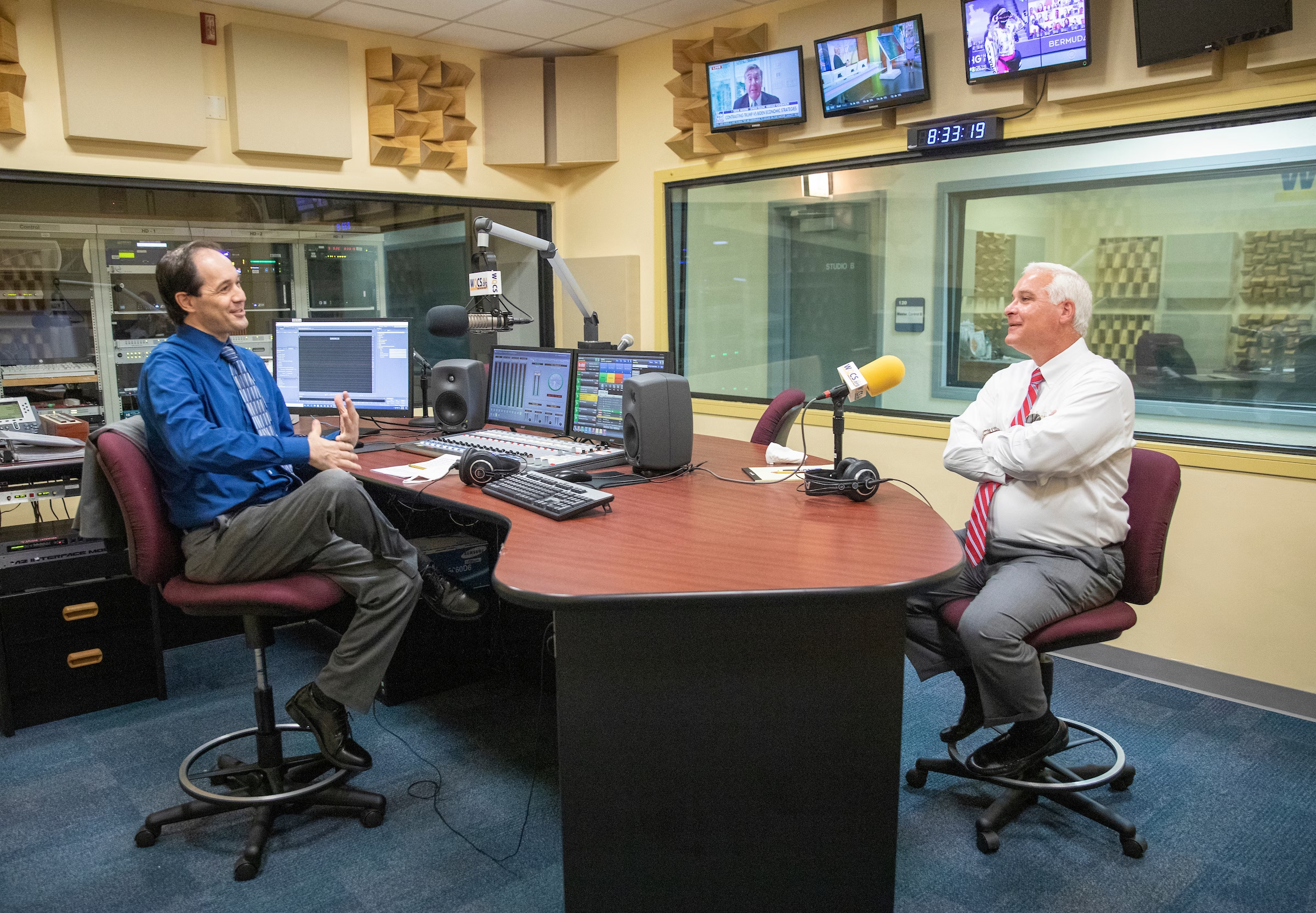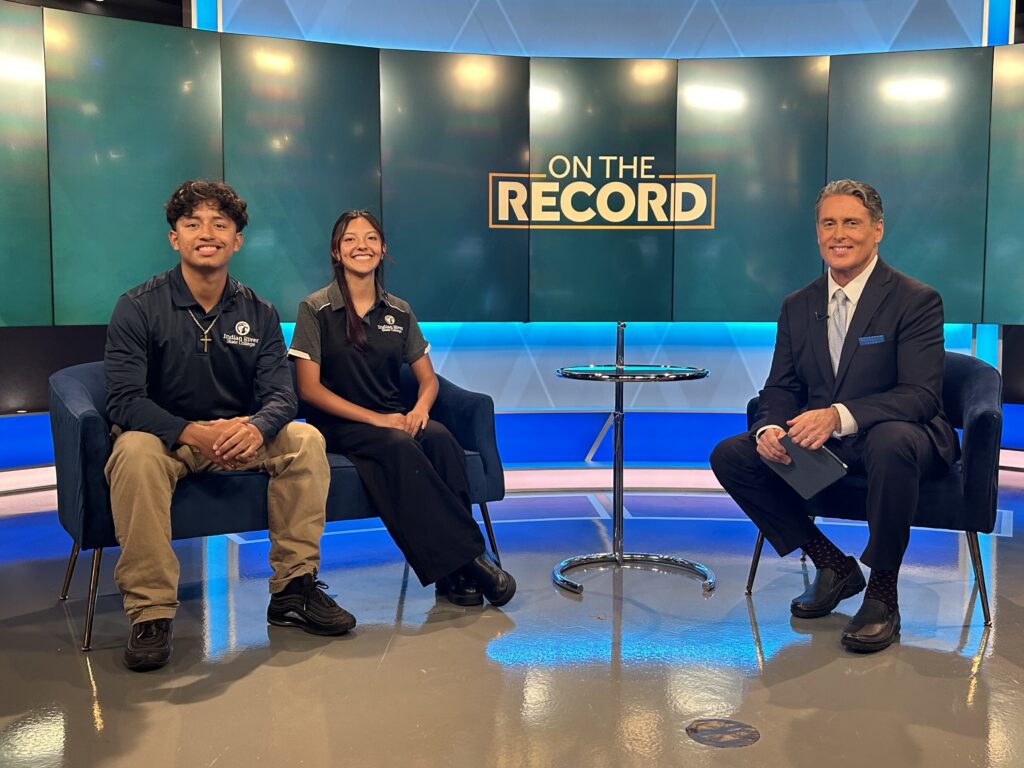RIVER NEWS & VIEWS
RIVER NEWS & VIEWS

Indian River State College Swimming & Diving Teams Attempting to Win 52nd and 48th NJCAA Titles
February 19, 2026 | College Looks to Continue Longest Championship Streak in Collegiate Sports History

Indian River State College to Host River Fest on 3/7
February 19, 2026 | The community festival, celebrating the energy and excellence of The River, is free and open to the public.

Discover Your Healthcare Future! Indian River State College School of Health and Human Sciences to Host Open House on 4/6/26
February 16, 2026 | The event provides prospective students with comprehensive information about health and nursing education opportunities and career paths in the growing healthcare field.

Time Is Running Out: Apply by Feb. 28 for The River’s One-Year Path to RN Career
Port St. Lucie, FL (February 10, 2026) – With less than three weeks until the February 28 deadline, Indian River State College (The River) School of Health and Human Sciences is reminding prospective nursing students that applications are still being accepted for its two nursing programs starting this summer. The River is offering two distinct pathways for aspiring…

Indian River State College Recognized on Newsweek’s Inaugural ‘America’s Best Colleges for Women’ List
February 9, 2026 | The magazine’s list is a national ranking of institutions with outstanding commitment to women’s educational and professional achievement.

Indian River State College to Host Free AI Symposium for Public Safety Professionals and Community Members
February 9, 2026 | “Smart Response: An AI Symposium for Safety Professionals” Explores Artificial Intelligence’s Impact on Emergency Services and Public Safety on 2/27/26

Donor Spotlight: Kate Beckwith Woody
February 9, 2026 | Kate Beckwith Woody, a philanthropist and Indian River State College Foundation Board member, made a leadership gift to support the Promise Program, which provides free tuition to eligible students and helps break generational barriers to higher education.

IRSC Public Media Stations Dominate Treasure Coast Radio Market in Fall 2025 Nielsen Ratings
February 6, 2026 | All three IRSC Public Media stations achieved record-breaking performance and top rankings across multiple demographics, according to The Nielsen Company’s latest report.

Indian River State College to Host Free Financial Literacy Workshop
February 6, 2026 | Community Event on March 11 Focuses on Banking, Credit Scores, and Debt Management
Stay in the Flow with Events That Move You
There’s always something happening at The River—career fairs, cultural festivals, campus tours, live performances, and student meetups. Whether you’re exploring your future or just looking for your people, our events are designed to connect, inspire, and energize.
In the News
In the News
Media Resources
Access media contacts, press kits, and more.










